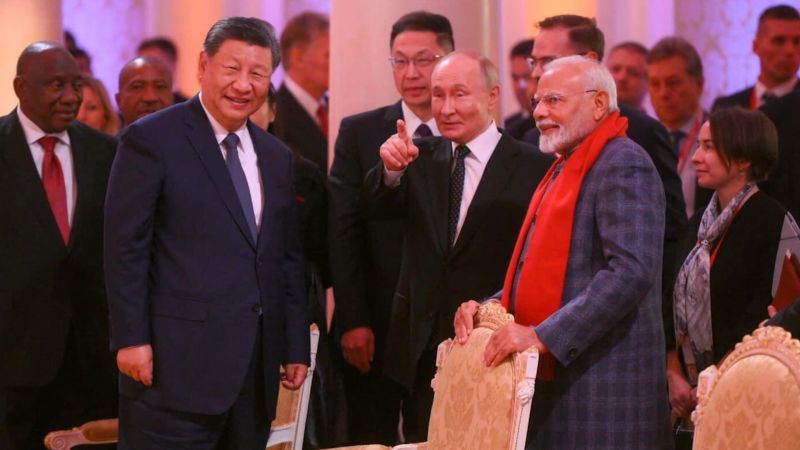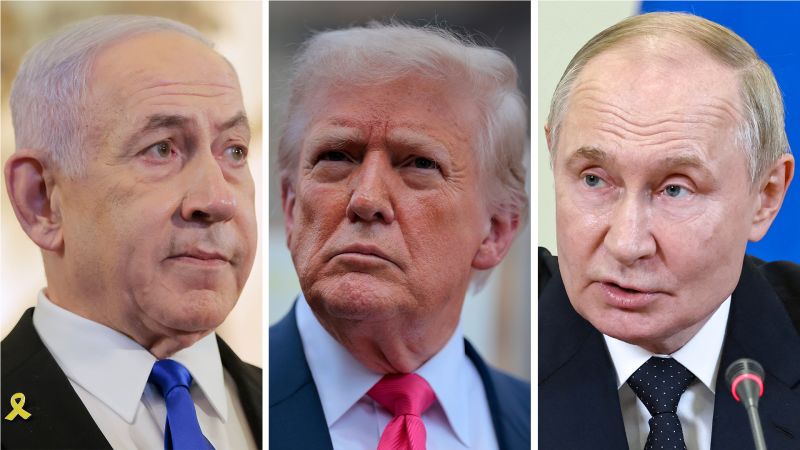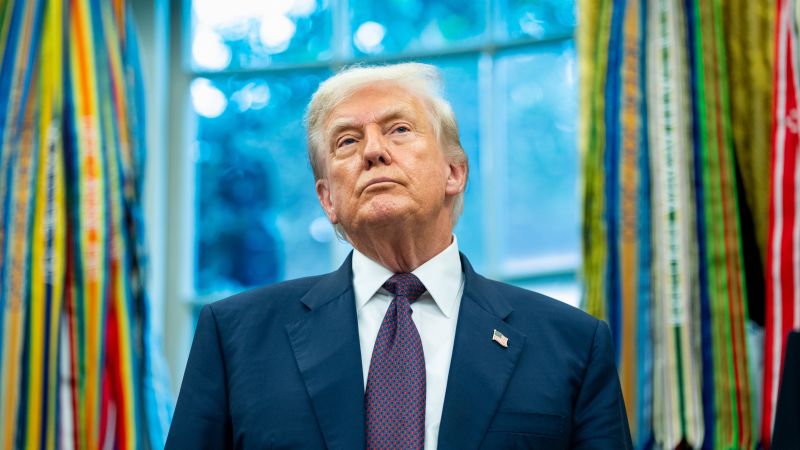
Global Shift in Geopolitics: Impact of Trump's Policies on U.S.-China Relations
World | 8/31/2025
In recent years, a notable shift has been observed in global dynamics as countries increasingly align themselves with China, a trend attributed to the policies and actions of former U.S. President Donald Trump. Trump’s approach to international relations, characterized by protectionist trade policies and a more isolationist stance, has inadvertently driven several nations closer to China’s sphere of influence. This shift has raised concerns among analysts and policymakers regarding the long-term implications for U.S. strategic interests and influence on the global stage.
The Trump administration’s “America First” agenda, marked by trade disputes and a skepticism towards multilateral agreements, created a void that China has been quick to fill. By positioning itself as a champion of globalization and offering economic incentives, China has successfully courted countries that may have previously looked to the U.S. for leadership. This strategic maneuvering by Beijing has allowed China to expand its economic and geopolitical footprint, often at the expense of U.S. influence.
Experts point to the Belt and Road Initiative (BRI) as a key tool through which China extends its reach and influence across regions. By investing in infrastructure projects and offering financial assistance to participating countries, China has been able to deepen its ties and exert leverage in strategic areas. This has not only boosted China’s economic interests but also enhanced its soft power and diplomatic clout on the global stage.
While some nations have embraced closer ties with China as a means of economic development and diversification, others have faced criticism for potentially compromising their sovereignty and national security. The geopolitical realignment driven by Trump’s policies has underscored the complex interplay between economic interests, strategic alliances, and global power dynamics. As countries navigate these shifting currents, the implications for the balance of power between the U.S. and China continue to unfold.
In response to inquiries about the shifting geopolitical landscape, a diplomatic source speaking on condition of anonymity emphasized the need for the U.S. to reassess its approach to international engagement. “The evolving global landscape requires a nuanced and strategic response from the U.S. to ensure its interests are safeguarded and its influence remains relevant,” the source stated. As countries weigh their options in an increasingly multipolar world, the actions and policies of the Biden administration will likely play a crucial role in shaping the geopolitical trajectory in the years ahead.


